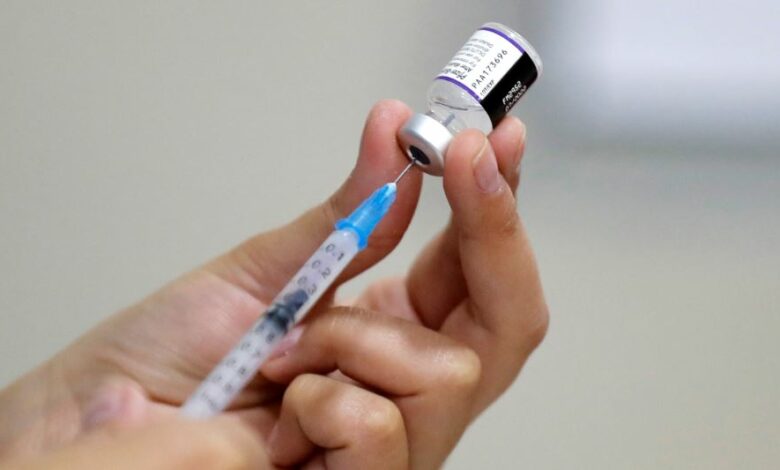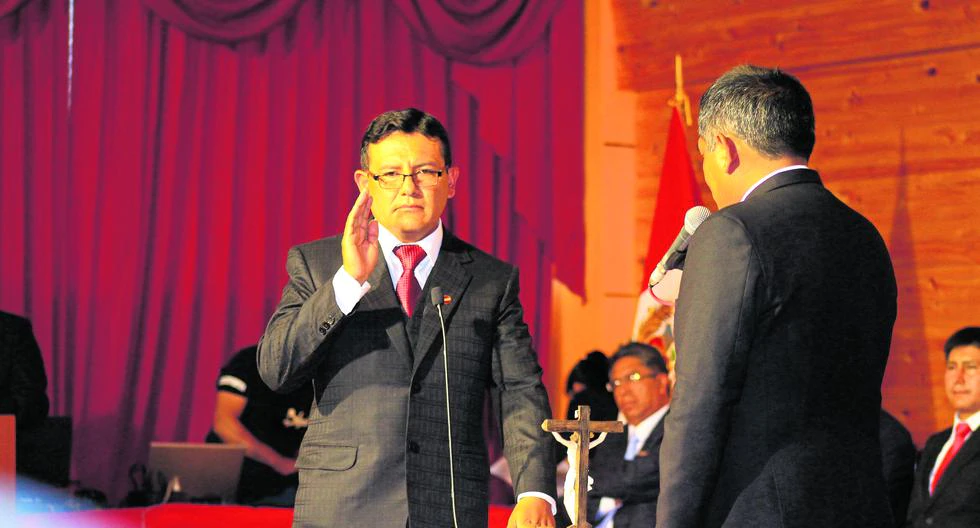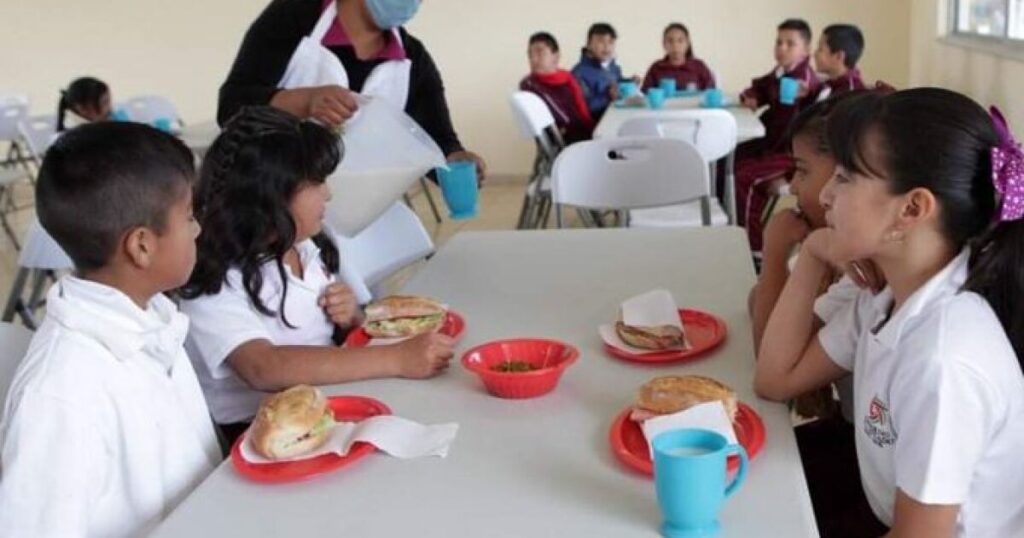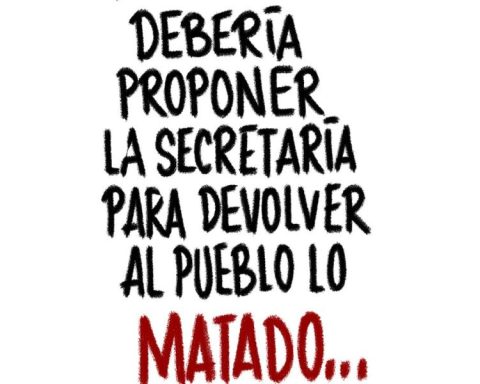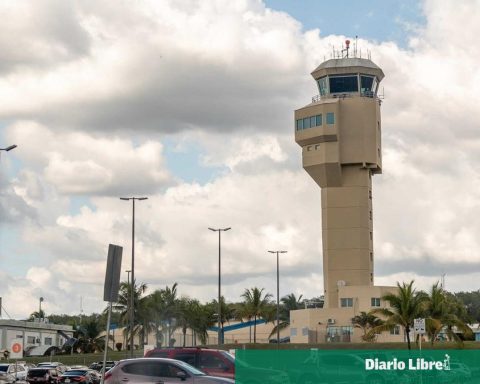In October 2021, the FDA approved the use of Pfizer’s vaccine in children aged 5 to 11 years, after a thorough and transparent review of the data provided by the company.
By Fabiola Roman Maldonado, PhD in Biology
Despite this, some countries, such as the United Kingdom, decided to postpone the administration of the immunizer in this age range, in healthy children. In that country, the administration of the doses in this age range was only carried out in children who were in a clinical risk group, or who were family contacts of someone who is immunosuppressed.
The decision to postpone the administration of the vaccine was for at least two reasons: to give priority to the administration of both doses (and the booster) to people who are in risk groups, and to await the delivery of new results by the company Pfizer, for this age range.
Once the updated results from the Pfizer company were presented, the vaccine was authorized in the United Kingdom and the administration of the doses in children aged 5 to 11 years has been given the green light. For this immunizer, the dose recommendation is much lower than for adults. Two doses of 10 micrograms of vaccine are recommended, at least 12 weeks apart. The same recommendation has been granted by the EMA, after evaluating a first study in children aged 5 to 11 years, in which the vaccine obtained an efficacy of 90.7% in the prevention of symptomatic COVID-19.
Results of new research in children aged 5 to 11 years
According to data provided by New York State health officials, the Pfizer/BioNTech vaccine is less effective in children ages 5 to 11 than in adolescents and adults. The study was carried out during the wave of the Omicron variant.
The study analyzed cases and hospitalizations of adolescents aged 12 to 17 years, and children aged 5 to 11 years, both groups fully vaccinated.
It is important to emphasize that in the group of 12 to 17 years old, adolescents received the same dose as adults (30 micrograms); however, the doses given to children aged 5 to 11 years were lower (10 micrograms). According to the researchers involved in the study, what makes the difference between the two groups studied is the dose administered.
The results also showed that the efficacy of the vaccine against hospitalizations was reduced from 85% to 73% in adolescents aged 12 to 17 years. Among children ages 5 to 11, the effectiveness fell even further, from 100% to 48%.
Vaccine effectiveness against positive tests decreased from 66% to 51% among children aged 12 to 17 years. In the group aged 5 to 11 years, the effectiveness decreased from 68% to 12%. In the last week of January, the effectiveness of the vaccine against infection among 12-year-olds was 67%, but only 11% for 11-year-olds.
One aspect to take into account in this analysis is that it is not surprising that the effectiveness of the vaccine, in its protection against mild disease, decreases; because we know that the Ómicron variant has partial immune escape. Let’s remember that the goal of vaccines is to protect against serious diseases and thus keep children out of the hospital.
These results highlight the need to study alternative vaccine doses for children and the continued importance of protection, including the use of masks, to prevent infection and transmission.
